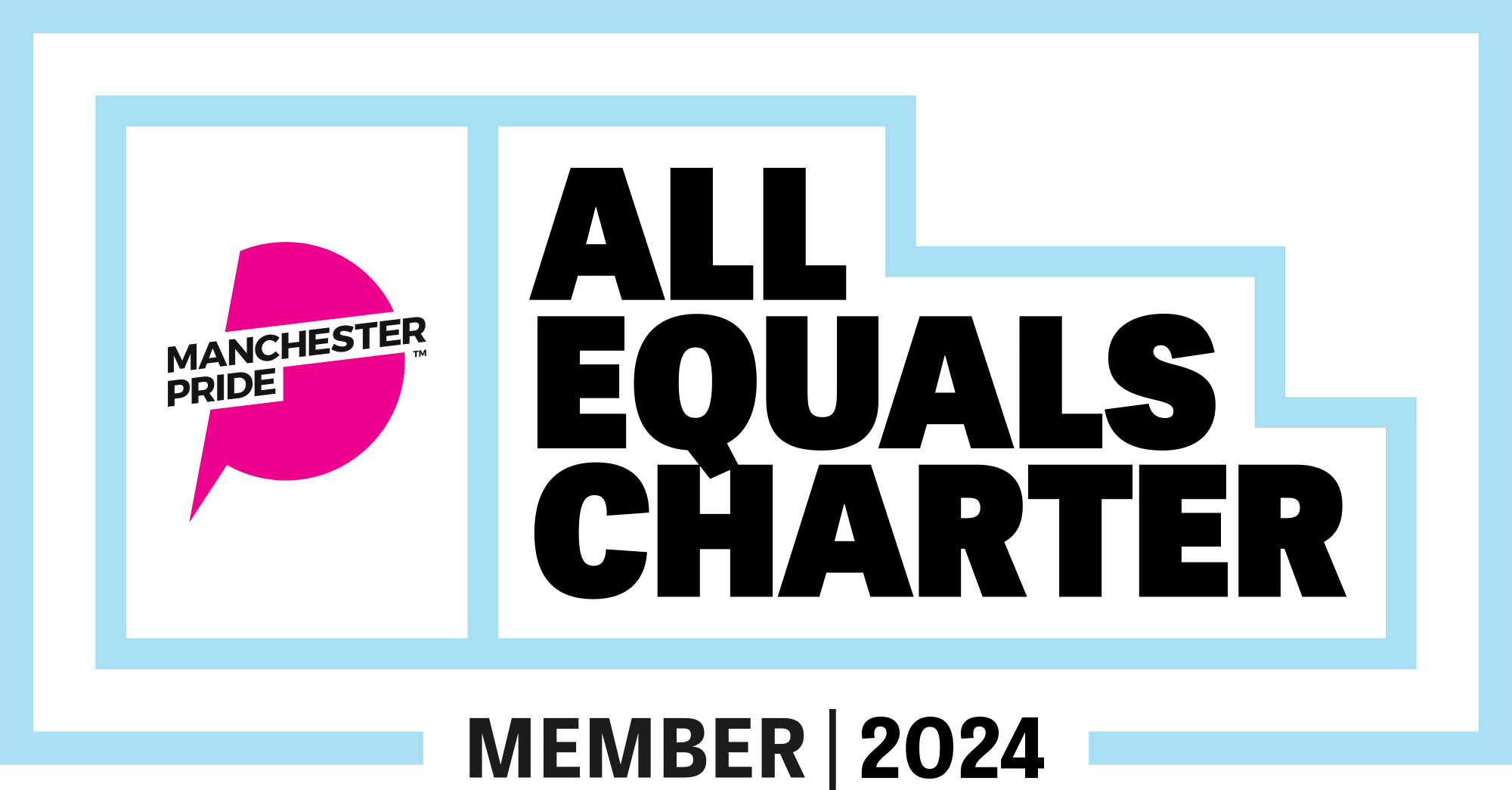As the world continues to become more aware of the impact our carbon emissions have on the planet, the focus on sustainability is only set to become more prevalent for dealers in the coming months and years. We speak to OT Group’s Responsible Business Manager, Debbie Wall, about this focus on sustainability, including how dealers can better align with sustainable and social principles.
What are the key sustainability considerations for dealers in our community?
Many businesses have moved away from making purchasing decisions purely based on cost, with environmental and social value impact now being a major part too. For the dealers that we work with at Spicers, that means while cost is still important to their customers, wider sustainability factors need to form part of the considerations too. This includes the basics, such as carrying and labelling sustainable options where possible, but arguably more importantly, is considering sustainability in the entire supply chain.
What is Scope 3 emission reporting?
This kind of emissions reporting measures indirect greenhouse gas (GHG) emissions that occur in a company’s value chain. While Scope 1 and Scope 2 emissions are direct emissions from a company’s operations and energy consumption (and in most cases, are controlled by the business directly), Scope 3 emissions are more challenging to measure and manage due to their broader and more complex nature.
For most businesses, however, the majority of emissions come from outside of their own operation and from the supply chain instead. That means the single biggest impact they can have on aligning their values with sustainability, is ensuring they work with suppliers that have clear policies and reduction strategies in place. So, for dealers, that means sourcing from wholesalers who make their carbon emissions reduction strategy clear. This value is then passed on to our dealer’s customers, and so on.
So what is Spicers plan for carbon reduction?
At OT Group Ltd, the parent company of Spicers, Scope 3 emissions make up 97% of all our emissions and of that 95.3% of these emissions come from purchased goods and services. For transparency, you can see our full Carbon Reduction Plan here.
Today, we are increasingly being asked by our customers for environmental data surrounding the emissions that are generated in the transportation and production of these products and in some cases more specifically the data about products that are specifically purchased by individual customers.
We are working hard to overcome some of the challenges we have found in managing our Scope 3 data, the most common challenges we have found are:
1. Data Availability and Accuracy
Obtaining accurate and comprehensive data in the value chain can be difficult. There are many organizations in our supply chain, and we have limited control over the data provided by suppliers, customers, and other partners.
2. Scope, Boundaries and Methodology
Different companies in our supply chain have different boundaries and methodologies for establishing Scope 3 emissions, sometimes making different decisions when deciding which activities and emissions sources to include, considering factors like materiality, significance, and control.
3. Engaging Supply Chain Partners
Collaboration with our suppliers, customers, and other partners is essential for collecting accurate data. However, engaging these stakeholders and encouraging them to report emissions data is complexed due to concerns about data confidentiality, competitive issues, or a lack of awareness.
4. Changing Business Dynamics
Business operations both internally and externally, supply chains, and product portfolios are dynamic and can change over time. Keeping up with these changes and continuously updating emission factors and data can be resource intensive.
We continue to work hard in addressing these challenges by improving our data collection processes, taking advantage in advancements in technology and improving our stakeholder management which along with communication are key to ensuring we, not only continue to report our carbon emissions effectively and meet our customers’ emission data requirements, but also deliver a Net Zero Plan that is effective and sees us reduce our carbon footprint and meet our long term objectives.




